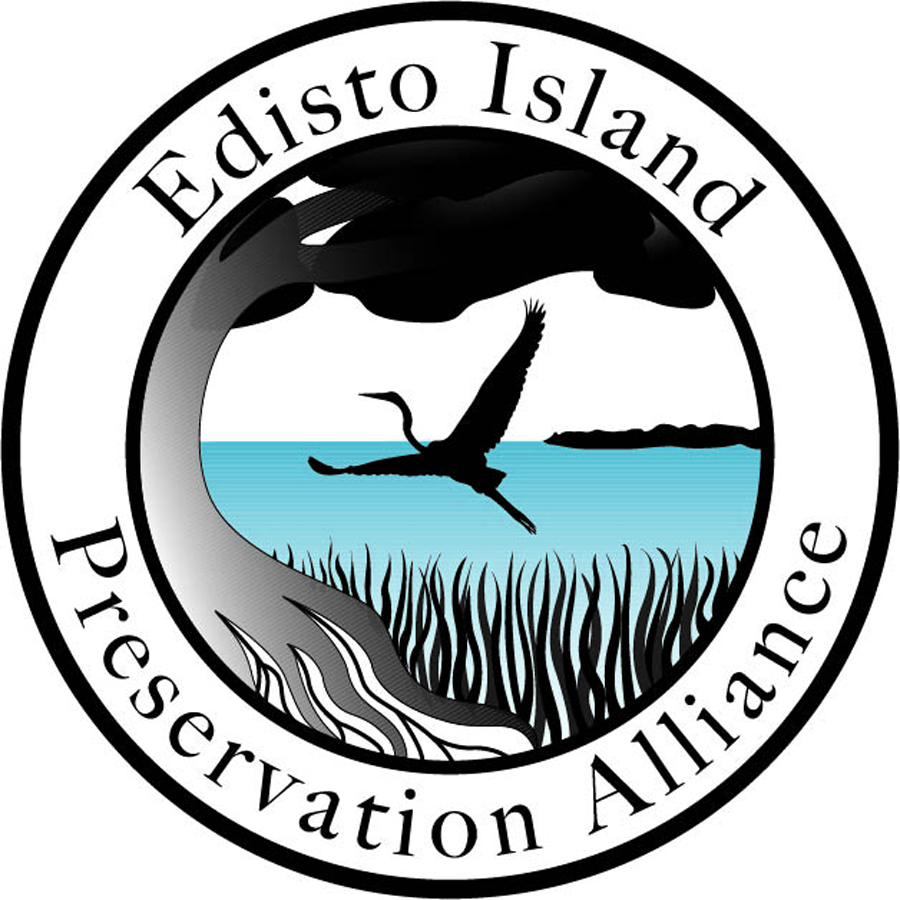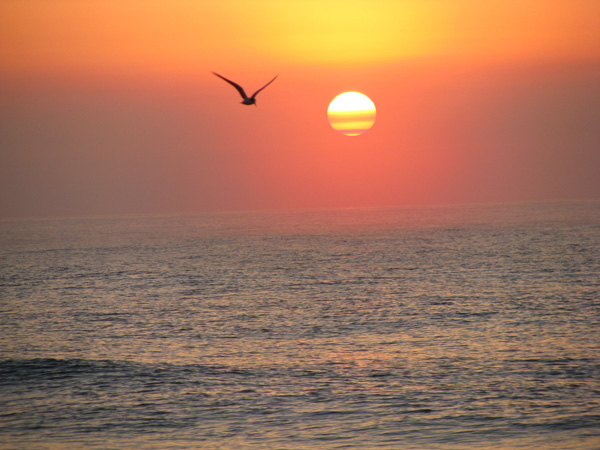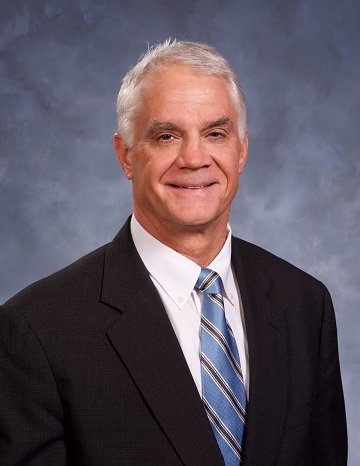Blue crabs support one of the state’s oldest and largest fisheries, with landings valued at over $6 million annually. (Photo: E. Weeks/SCDNR)
CHARLESTON COUNTY, S.C. (September 14, 2023) – South Carolina Department of Natural Resources (SCDNR) staff will host three public meetings across the coast to invite both recreational and commercial crabbers to learn more about the blue crab decline and discuss potential options for future management.
The first public meeting will take place at SCDNR’s Marine Resources Center in Charleston on Wednesday, September 27, 2023, followed by one at the Port Royal Sound Foundation Maritime Center in Okatie on October 4. An additional meeting is planned but not yet scheduled for Murrells Inlet.
In 2021, following years of dwindling survey numbers and crabber concerns, agency biologists and staff began compiling a report outlining the state’s blue crab population status, its commercial and recreational fisheries, and the results of recent public surveys on management options.
That report was published in early 2023 at the request of the General Assembly and concluded that, beginning with a severe drought in 2000, blue crabs have experienced two decades of decline in South Carolina. Some numbers have begun to increase again, but concerning signals in the data remain, including continued declines in crab abundance during the fall, the season when most crabs are harvested commercially.
The report also highlighted the history of blue crab protections in South Carolina and found that the fishery is underregulated and likely overcapitalized compared with neighboring states. Public survey data suggested that the majority of both recreational and commercial crabbers perceive that blue crabs are less numerous than they used to be.
Lastly, the report provided a suite of recommendations intended to prevent the potential for overharvesting and to gradually reduce fishing pressure in South Carolina. Staff will discuss these recommendations and other report findings at the public meetings.
For those unable to attend one of the in-person meetings, a recording of the presentation will be made available after the meetings have concluded.
Please monitor the SCDNR website and social media platforms for more information and updates on scheduling.
Public Meetings to Discuss Blue Crab Management
Wednesday, September 27, 2023: Marine Resources Research Institute Auditorium; 217 Fort Johnson Road; Charleston, SC 29422
Wednesday, October 4, 2023: Port Royal Sound Foundation Maritime Center; 310 Okatie Highway; Okatie, SC 29909
Date and location TBD: Murrells Inlet; Details will be provided as soon as they are available.
SCDNR’s Marine Resources Division staff track blue crabs in seven standardized monitoring surveys. (Photo: E. Weeks/SCDNR)
For additional information, contact:
Erin Weeks, S.C. Department of Natural Resources, weekse@dnr.sc.gov, (843) 953-9845
South Carolina Department of Natural Resources - Rembert C. Dennis Building
1000 Assembly Street, Columbia, SC 29201







